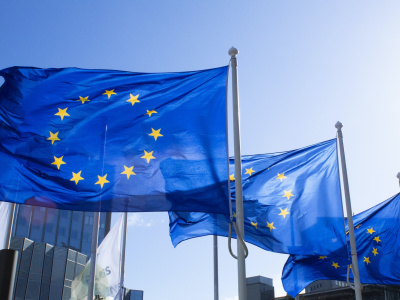
The 2010 Revision and the Future of the Cotonou Partnership Agreement
The EU-ACP Partnership Agreement (CPA) was signed in 2000 in Cotonou, Benin for 20 years, and includes provisions that allow for a review and possible revision of the Agreement every 5 years. The review process feeding into the second revision in 2010 will obviously provide an opportunity for both the European Union (EU) and the countries of Africa, the Caribbean and the Pacific in the ACP Group to adapt the Agreement to recent major changes in international and ACP-EU relations. Key Messages In recent years the ACP-EU relations have been confronted with diverse external and internal challenges, these have also prompted differentiation within the ACP Group, leading some observers to question the longer-term relevance of the grouping. Political dialogue is a key element of the Cotonou Partnership Agreement and one that was already substantially strengthened in the 2005 revision. The key and recurring observation of the informal meeting was the gap between the formal framework and actual practice in ACP-EU cooperation. Participants observed that there was increasingly an issue around the governance of the ACP-EU relationship itself and a need to review decision making processes so as to increase transparency in order to strengthen the partnership. Background The first review took place in 2005 and resulted in revisions with regard to the Millennium Development Goals (MDGs), the management of the European Development Fund (EDF), peace and security and political dialogue. According to the calendar provided in the Agreement the parties have to notify each other about issues for the 2010 review by the end of February 2009. Mid-2008 is therefore an appropriate moment to start reflecting what this second review might consider. As an independent foundation specializing in ACP-EU relations, ECDPM was approached by a number of stakeholders with the request to facilitate informal discussion on the revision before the formal negotiations start. Conclusion The discussion clearly showed the importance of the question of increasing differentiation between ACP regions and the changing EU relations with different regions of the ACP as a major element of the context in which the 2010 review was taking place. Africa and the EU have gone as far as adopting a joint strategy to frame their cooperation which goes beyond the traditional sub-Saharan Africa/North Africa divide in EU external relations. All participants attached considerable importance to the EU’s Code of Conduct on Complementarity and the Division of Labor and saw this as one of the key current initiatives for increasing aid effectiveness in the ACP-EU cooperation. The importance of monitoring was also stressed but it was recognized that this was often not enough on its own.



